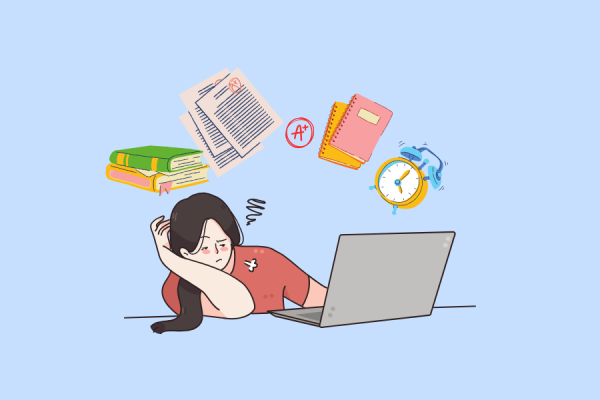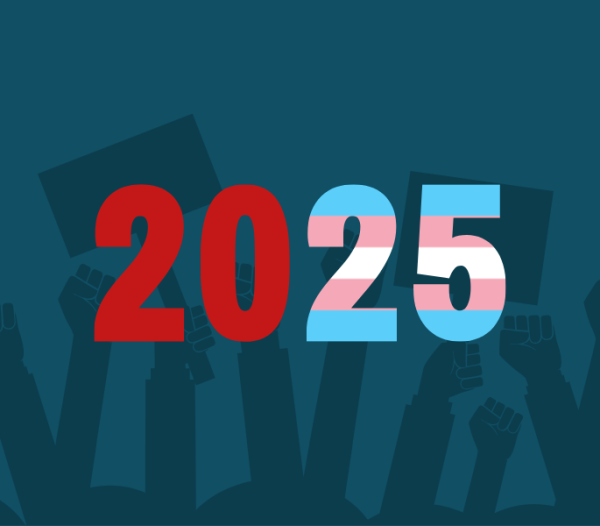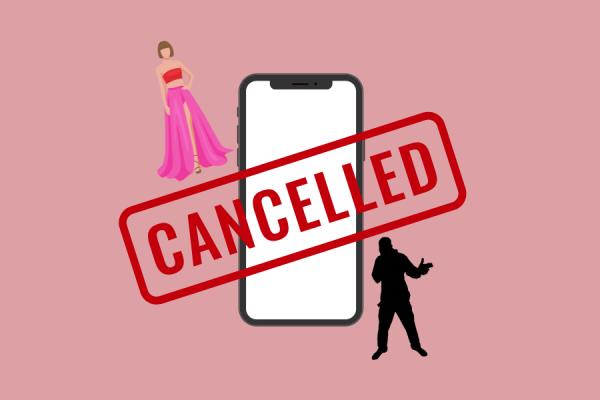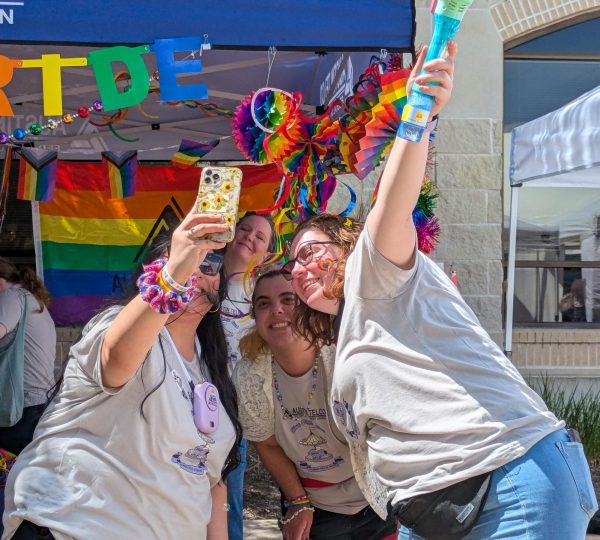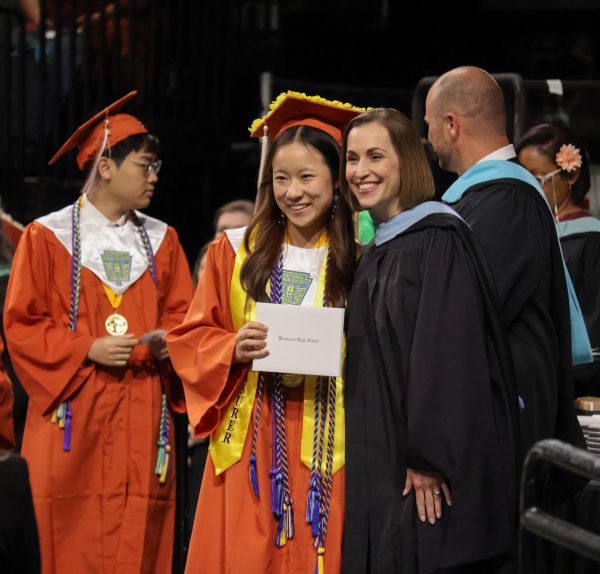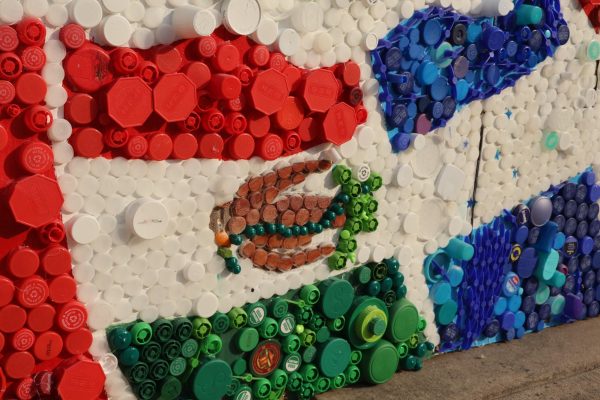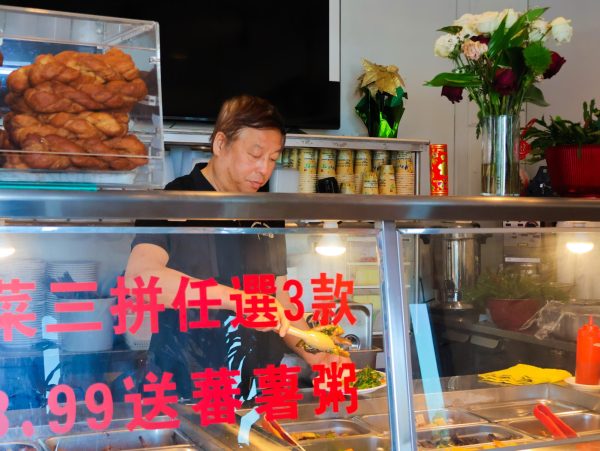OPINION: We Have the Right to Ask Questions
A free and independent press is the cornerstone of democracy, providing a watchdog for those in authority. This important profession is protected in the Bill of Rights, as part of the First Amendment:
Congress shall make no law respecting an establishment of religion, or prohibiting the free exercise thereof; or abridging the freedom of speech or of the press; or the right of the people peaceably to assemble, and to petition the Government for a redress of grievances.
All these freedoms make up our character as a nation. The free press is particularly important as it provides protection for the other freedoms. To be critical of those in power is part of what journalists must do. However, as a student press organization we often find ourselves in the awkward position of reporting events that administrators, teachers, or coaches might rather sweep under the rug. Several times in the past few years, we have had authority figures not only refuse to comment on a story, which is perfectly within their rights, but also insist that we do not have the right to ask questions, investigate, or publish a story. We’ve been told it is “inappropriate” to ask questions about events that happened in public places, in full view of hundreds of people. This amounts to intimidation, both of the students and the adviser, who must walk the line between keeping good relations with her superiors and protecting her students’ rights as journalists.
Preventing a news organization from sharing information is known as censorship; censorship is the suppression of free speech, public communication or other information which may be considered objectionable, harmful, sensitive, politically incorrect or inconvenient as determined by governments, media outlets, authorities or other groups or institutions. Censorship of student journalism is only legal if the material to be censored is libelous, obscene, an invasion of privacy, or “materially and substantially” disruptive of the school. Student Press absolutely has a right to ask questions and investigate an event, as decided in the Tinker v. Des Moines case on freedom of expression.
During the Vietnam War, students attending a public school in Des Moines, Iowa had planned to wear black armbands to protest the war. However, the school administration immediately created a rule that if a student came to school wearing a black armband, they would be suspended. Some students, including John and Mary Beth Tinker, still wore the armbands, were sent home, and couldn’t return until they came to school without their armbands. Soon after their parents sued the school for censoring their children’s freedom of speech. The case managed to reach the Supreme Court, where the ruling went in favor of the students. The court decided that “students don’t shed their constitutional rights at the schoolhouse gates.” As students, we are allowed to express ourselves, so if we as a publication see fit to cover an event or allow for the voice of students to be heard, we have the undeniable right to do so.
Censorship doesn’t affect just our student publications; it has always been a prevalent problem around the world. North Korea and China control the type of news that flows out to the people, which turns news into mere propaganda. Since President Donald Trump has been elected, he has expressed many times that he sees the press as the enemy, and he has made it quite clear that he does not value the work of a free and independent press. He only likes news that makes him look good. It’s easy to imagine school administrators feeling the same way, but we hope that our administrators will never deny objective reality. News is about truth, and some truths are unpleasant. Student Press is here to report the truth, not just what someone wants the truth to be.
In the current political climate, journalism is very much under fire. If journalists don’t insist on their rights now, if we allow them to be taken away, we will never get them back without a revolution. This is why it’s so important for us, Student Press, to report the real news. We are the next generation of reporters, and we have to be models for those who come after us. Whether it’s as simple as a fight in the cafeteria or as complex as a political editorial, it’s up to us to report on any event or important situation that occurs.
As reporters, it is our job to ask questions, think critically, and convey information to our audience. We must be vigilant in seeking out the truth, and honest in our writing. The events that take place around us affect us all, and it is our job to educate our readers on important events. With our stories, we displace rumors, honor facts, and argue for and against causes — all to inform readers of what has happened in our crazy world. We should not and will not be silenced or influenced by higher powers who want to promote certain ideals or facts and omit those that could tarnish a reputation. We are tired of our own President claiming that reliable sources of information report fake news, and that the lies and misleading information the White House provide to us are valid “alternative facts.” It is our responsibility to insist on truth and accuracy and to set a good example by reporting objectively on events that impact our school and community.
We will not stop asking questions.


